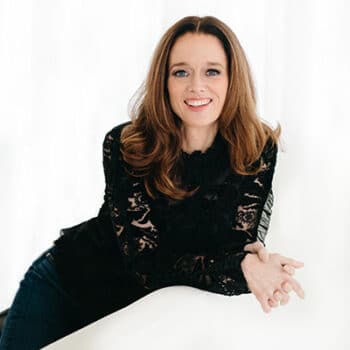You know, when we think about the unexpected reason why we really get out of bed in the morning? When we sit with that, how what you are in love with decides what you live for, how ‘Love decides everything — which is another way of saying, Sacrifice is the essence of everything‘— it kind of changes everything. Which is exactly what Linda Znachko stumbled into. When the news announced the tragedy of a dead baby abandoned in a local dumpster, Linda was sure she heard God asking her to provide a dignified burial for this tiny lost child. From her comfortable suburban couch, she said yes. Linda had no idea how much her life would change in the years to follow. But that’s what happens when you follow God’s lead: He takes you places you never dreamed of going—all for His glory. The ripple effects of her first yes continue to widen in ways she never expected. It’s a grace to welcome Linda Znachko to the farm’s front porch today…
“Every time a vulnerable life is honored, other unlikely lives are touched.”
I flipped on the evening news as I cut some veggies for dinner in my kitchen.
The evening news anchor announced somberly, “Two people were killed in a school bus crash today on South Emerson Avenue: sixty-year-old bus driver Thomas Spence and five-year-old Donasty Smith.”
A five-year-old.
The crash happened around 7:40 a.m., and throughout the day reporters had pieced together what information they could.
With all fifty students safely on board, the bus had approached an underpass that dipped under railway tracks.
The bus should have slowed down to navigate the slim passage, but a driver behind Bus 439 witnessed it speed up, veer toward the center divider, and crash into the cement wall between lanes.
A man in oncoming traffic saw sparks flying as the bus scraped across the abutment.
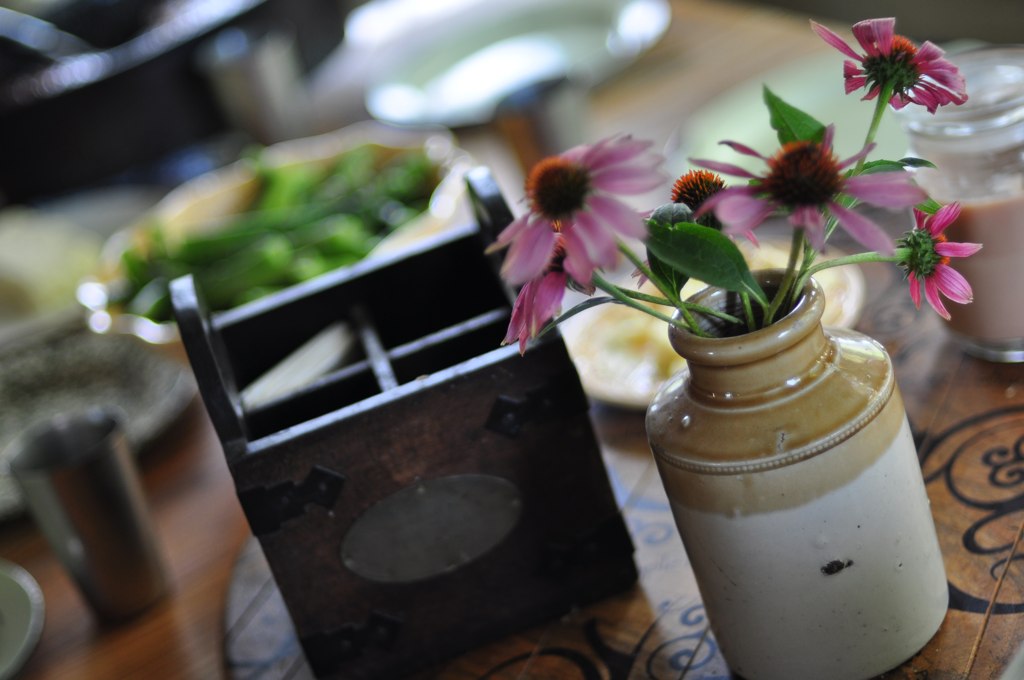
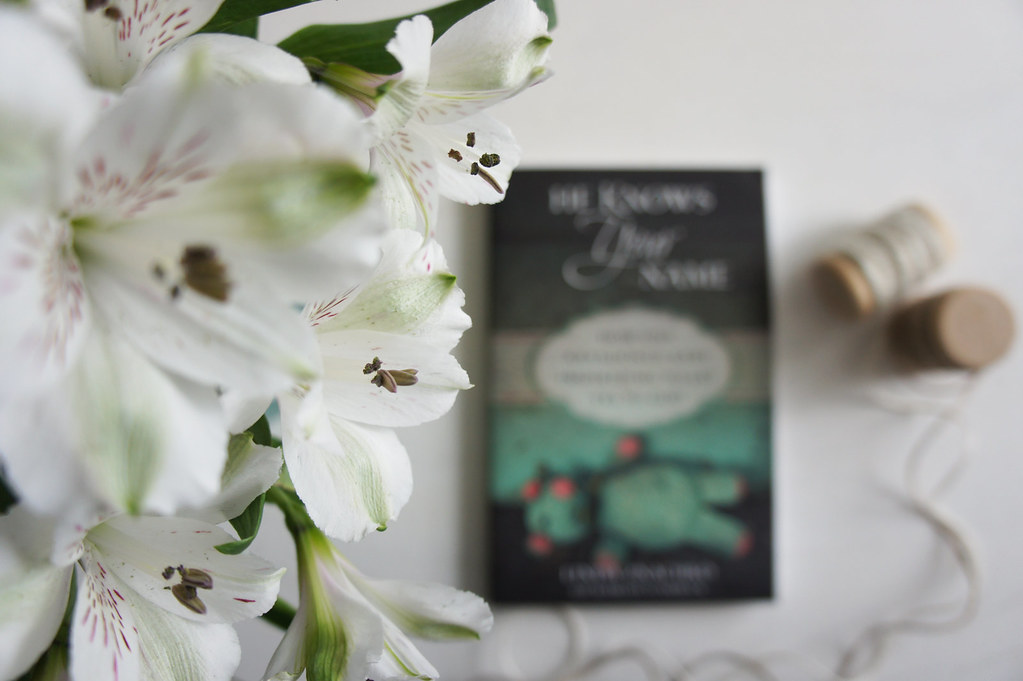



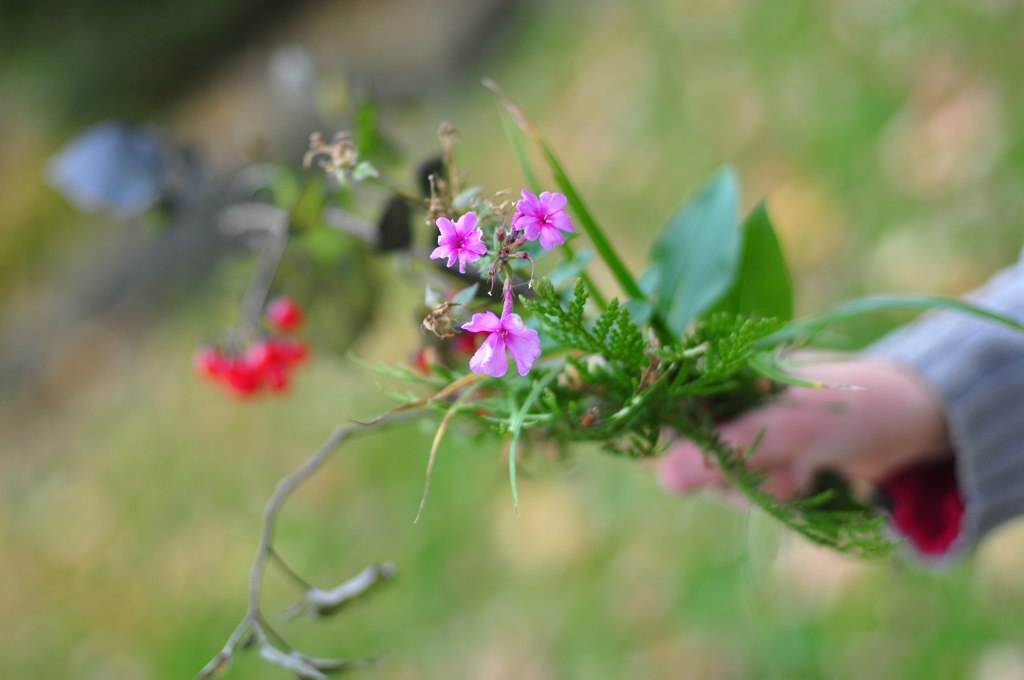
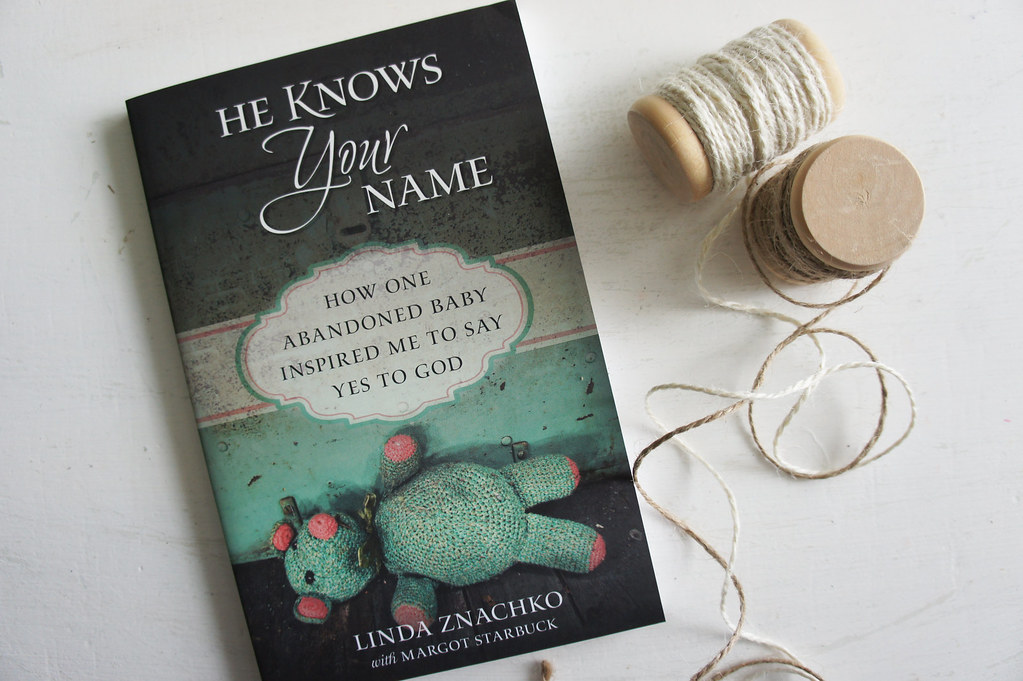
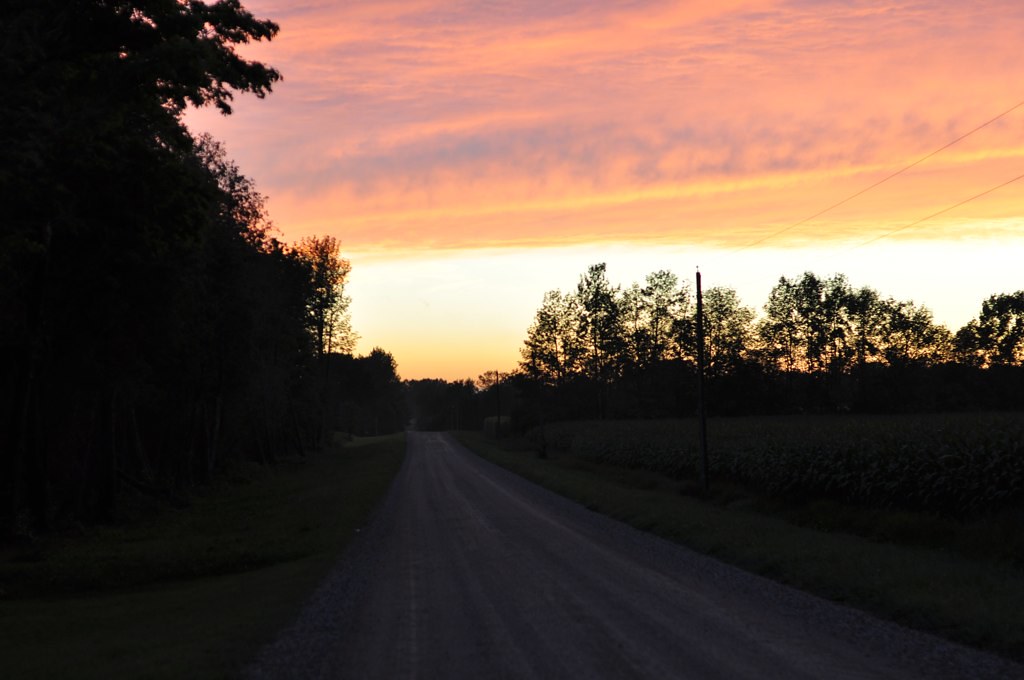
Video on the evening news showed that the driver’s side of the front of the bus had crumpled. Some witnesses reported seeing smoke billowing out of the vehicle. Witnesses immediately rushed to the bus to help students get out.
Both the driver and a child at his feet were unresponsive.
It seemed absurd that I could be preparing dinner for myself, my husband, and my daughter while some other parent would have one less child at her dinner table.
The previous spring I’d received a call from the director of the small charter school. His number was still in my phone.
I abandoned my dinner preparations, dialed, and identified myself.
“If there is any way you can connect me with that family and give them my number, I’d like to see what they need,” I offered.
Willing, he agreed to do it.
And then, more quietly, he added, “Donasty was sitting in a seat with her eight-year-old sister, Erielle. Erielle saw her fly through the air and land on the bus driver, under the steering wheel.”
I received a call from the girls’ mother, Danyelle Smith, two days later. She had chosen a funeral home and a cemetery. The administrators at the funeral home had given her a deadline by which to have the burial, but there was still some confusion and holdup about moving forward.
The family chose New Crown Cemetery so that Donasty could be buried with Danyelle’s brother, who had been killed as a young adult.
It was a double vertical plot, meaning that Donasty’s body would be buried above her uncle’s. Because the plot had not been paid off at the time of the first burial, the family now owed $900 for the brother’s bill, before paying for Donasty’s. They also needed to be responsible for the costs of the opening and closing of the grave.
They didn’t have the money.
I wanted to advocate for this heartbroken family with the owner of the cemetery.
I wanted to find a solution that would be a win for Danyelle and a win for New Crown Cemetery.
I was confident we could.
My husband negotiates for a living, and his whole business philosophy comes down to two words: “win, win.” If only one person wins, he says, it’s not negotiating; it’s debating.
Everyone should walk away from the table feeling that there’s been a benefit for them. There’s a lot of integrity in that. It’s what I have drawn on in conversations with the owner of this cemetery and so many others.
But I was also bringing something uniquely my own to that bargaining table: my mother bear instinct. Families like Danyelle’s are living through unimaginable tragedy.
So part of my calling is to fight for these wounded ones.
I called the cemetery and asked if I could speak not with the administrator but with the owner of the cemetery. When I had him on the line, I suggested that rather than taking our business elsewhere—which, of course, I privately knew Danyelle didn’t want to do—the cemetery could forgive the original debt and allow me to cover the expenses for Donasty’s burial. Win, win.
They agreed.
All along this journey, I’ve seen this principle at work: doing good elicits good.
I’ve also noticed that sinful responses from broken people generate more of the same.
For instance, when tragedy is reported in the news with a filter that demonizes others, it breeds criticism and judgment.
Seeking to make sense of a tragedy that is senseless, people assume the victim must have been a bad kid, a delinquent, or had a mother who didn’t care. Anger, judgment, and violence breed more of the same.
But of course, the flip side is also true.
When you do good, you bring out the best in others.
As a result of saying my little yeses to God, I’ve seen it time and time again.
Strangers show up to support grieving parents.
A ministry will message me on Facebook to provide gowns.
Another a headstone.
And what thrills me the most is when people recognize a need themselves—a couple bearing unspoken grief for a child lost years ago, a mom laden with grief after an abortion, a sibling who never knew an older “phantom” sibling—and step in to help.
I never expect for that engagement to look exactly as it looks for me.
Maybe a man will simply honor a child’s memory by asking to know her name.
Maybe a woman will pray with a family as a mediator of God’s active living presence.
Maybe a family, in honor of a lost child, will work toward legislation like Indiana’s recent Baby Box law, which expands safe-haven laws that allow parents to surrender newborns without fear of prosecution.
In encounter after encounter I continue to see that working as an agent of redemption elicits what is good and kind and generous in others.
Graciousness multiplies.
Linda Znachko is the founder of He Knows Your Name Ministry, which exists to honor every child with a name in life and dignity and honor in death. When tragedy strikes, Linda follows God’s leading to connect grieving families with needed resources.The incredible story of how Linda came to found her ministry is recounted in her new book He Knows Your Name: How One Abandoned Baby Inspired Me to Say Yes to God. It’s an astonishing example of how God’s ways are not our own—they’re far more powerful.
[ Our humble thanks to Kregel Publishing for their partnership in today’s devotion ]


